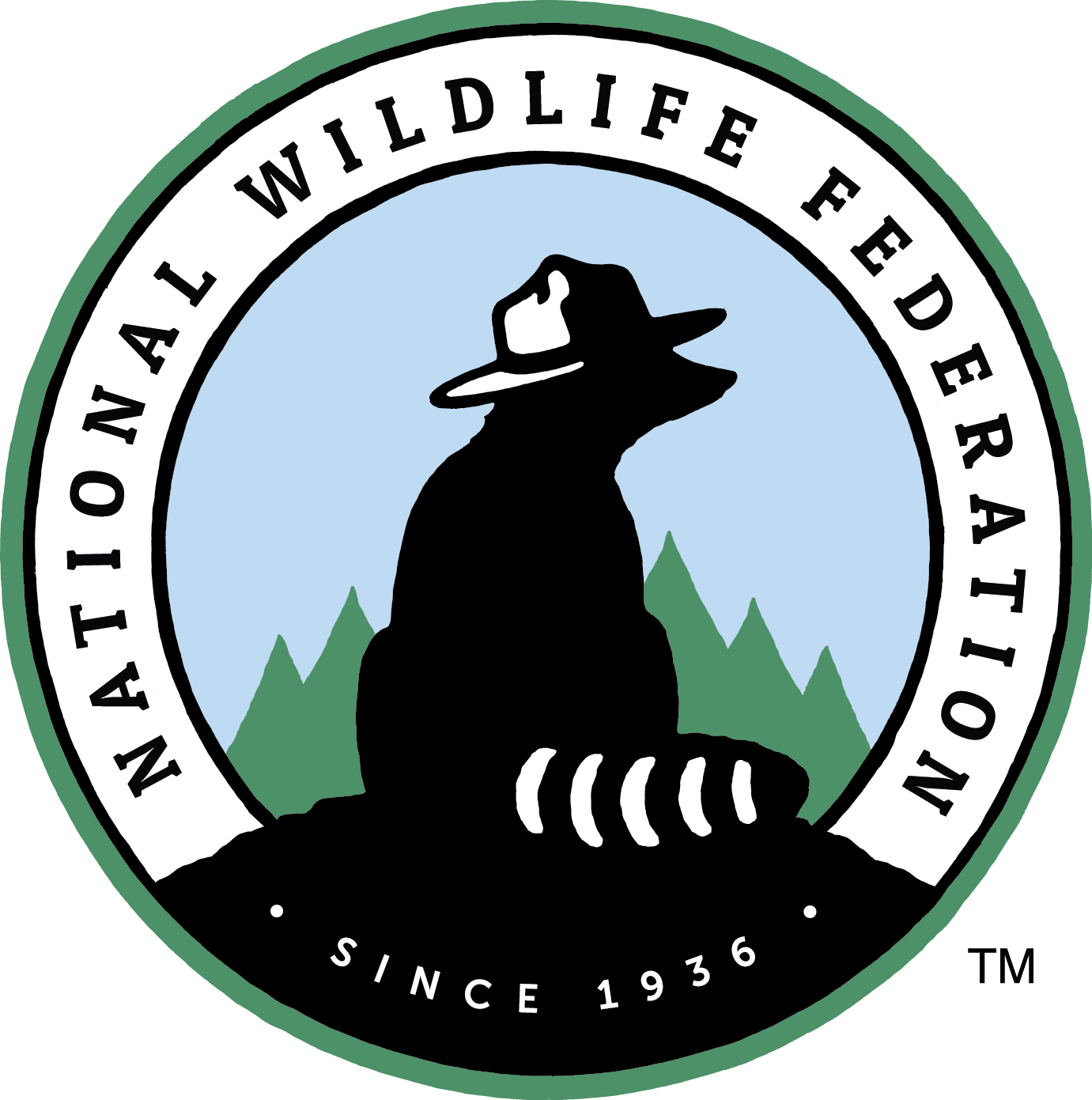Resolution 2023-03
WHEREAS, growing trade and travel between nations has increased the number of non-native plants, insects and other species arriving upon new lands without their natural enemies, such as predators, parasites and fungal pathogens that keep them in check on in their natural ranges; and
WHEREAS, biologists travel to explore these ranges for strictly specific natural enemies of the targeted pest, then if tests in high-security quarantine facilities confirm that they cannot survive on any other species than the pest, that natural enemy is released and “reunited” with the pest; and
WHEREAS, Biological Control is a natural method, that is economically efficient and sustainable, because co-evolved beneficial natural enemies are self-replicating, providing control indefinitely without ongoing costs or intervention; and
WHEREAS, as a nature-based strategy not using [eliminating the use of] costly chemicals and machinery that have negative impacts on the environment, biocontrol results in less herbicide use for weed control, especially in aquatic sites, where it is often the only option to reduce harmful impacts of invasive species; and
WHEREAS, while living biocontrol agents are providing on-going pest suppression, the previously out-competed native flora species will recover and recolonize areas without the need for extensive replanting; and
WHEREAS, modern biocontrol is safe and “host-specific,” only impacting the intended pest or weed, with a benefit-to-cost ratio between 30:1 and 300:1; and
WHEREAS, the North American Invasive Species Management Association advocates integrated pest management (IPM), with biological control as the key component to dramatically reduce their impact; and
WHEREAS, the management of invasive species using biological control has been a priority for the Western Integrated Pest Management Center Invasive Species Signature Program based in Davis California, and the Federal Integrated Pest Management Coordinating Committee cite the need for expanded biocontrol research and testing capacity in Hawai‘i; and
WHEREAS, according to the National Park Service “invasions of non-native plants are the second greatest threat to native species after direct habitat destruction” and the US Fish and Wildlife Service reports “42% of the nation’s endangered and threatened species have declined as a result of encroaching exotic plants and animals” and a major cause of Hawai‘i becoming the endangered species capital of world; and
WHEREAS, with over 25 invasive species crossing quarantine barriers into Hawai‘i yearly, the ag economy and native watershed forests, the USDA Agricultural Research Service – Pacific Basin Agricultural Research Center, US Forest Service – Institute of Pacific Islands Forestry, Hawaii Department of Agriculture, and University of Hawai‘i have some capacity to conduct biocontrol research, however, every certified quarantine containment facility is inadequate to carry out testing required to control the “backlog” of new pests causing regional or national harm; and
WHEREAS, scientific research is a critical component of forest pest mitigation efforts and the National Association of State Foresters, representing the directors of agencies in all 50 states & 5 territories, supports construction of new facilities for USDA Agricultural Research Service invasive pest biocontrol research and development in Hawai‘i to provide urgently needed labs in the Pacific region that will expand national capacity to protect native ecosystems; and
WHEREAS, the National Wildlife Federation’s affiliate, Conservation Council for Hawai‘i supports the funding and efforts to expand and build new biocontrol laboratories in Hawai‘i.
NOW, THEREFORE, BE IT RESOLVED that the National Wildlife, at its Annual Meeting assembled June 21-24, supports the Western Governors Association’s continuing efforts to expand federal agency labs for biocontrol of invasive species”; and
BE IT FINALLY RESOLVED that the National Wildlife Federation urges the Congress of the United States to address the enormous economic and environmental damages from invasive plants and animals by funding new biocontrol laboratories in Hawai‘i, just as was done in Florida, to meet the needs through research, testing and propagation of potential beneficial species throughout the Pacific region.
